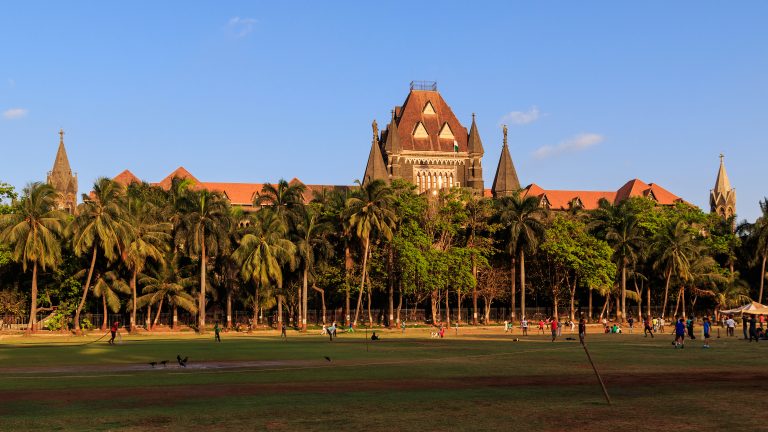The Bombay High Court has quashed the transfer order of a woman police sub-inspector, emphasizing the need for her to provide special care for her autistic son.
The Division Bench of Justice Makarand Karnik and Justice Valmiki Menezes, in an order dated August 13, overturned the State administration’s decision to transfer the officer from Ponda City, citing the importance of her proximity to her son, who suffers from autism spectrum disorder.
The Court was hearing a petition challenging the routine transfer order issued on February 14, 2024. The Bench noted that the petitioner’s son requires her special care due to his condition, and her transfer would adversely impact both her and her child’s well-being.
Madras HC Quashes POCSO Case Against Mother Of Minor Child “This Court cannot be oblivious to the special concerns which arise as in the petitioner’s case who is a part of the police force. The provisions of the Disabilities Act sub-serves the significant constitutional object of ensuring that women are not deprived of their due participation as members of the workforce,” the Bench observed.
“If we do not take the aforesaid view, in the facts of this case, the petitioner may be constrained to leave the work force or face trauma if the impugned order is given effect to despite the special needs of the child,” the Court further said.
Also Read : Satyadeep Mishra joins R Systems as CHRO
The Division Bench highlighted that no adverse reports were presented against the petitioner by the State, and emphasized that the child’s condition necessitates the mother’s constant support. It noted that the child had already faced challenges, such as being demoted by two classes in school, and needed his mother’s presence to ensure his full participation and inclusion in society. “The child is in need of the support of his mother. The object of the Disabilities Act can be effectuated only if the petitioner is in close proximity to the child. The present facts are such that the child had to be re-admitted to the school in Ponda else he would have suffered demotion by two standards. The petitioner’s transfer outside Ponda in the present facts will be a barrier in the way of the child’s full and effective participation and inclusion in the society,” the Court noted.
While acknowledging the limited scope for judicial interference in administrative matters, especially regarding transfers, the Court underscored the exceptional circumstances in this case. “The special needs of the child far outweigh the guidelines requiring the routine transfer,” the Bench stated, pointing out that the child’s autism spectrum disorder had escalated to 70 percent.
The Court clarified that their decision to quash the transfer was made on humanitarian grounds, stressing that the mother’s presence is crucial for the child’s emotional and physical well-being. It noted that the petitioner’s current posting at Ponda allows her to provide immediate care to her son during emergencies.
With these considerations, the Court quashed the transfer order, allowing the officer to remain in Ponda to care for her son. “It is in the peculiar facts of this case that we are inclined to quash and set aside the impugned order. In our opinion, retaining the petitioner at Ponda at SB Centre will help in achieving a balance between the petitioner’s effective participation in the work force as well as taking care of the special needs of the child which ultimately subserves the object of the Disabilities Act,” the Court said in its order dated August 13.
Stay connected with us on social media platforms for instant updates click here to join our LinkedIn, Twitter & Facebook



































